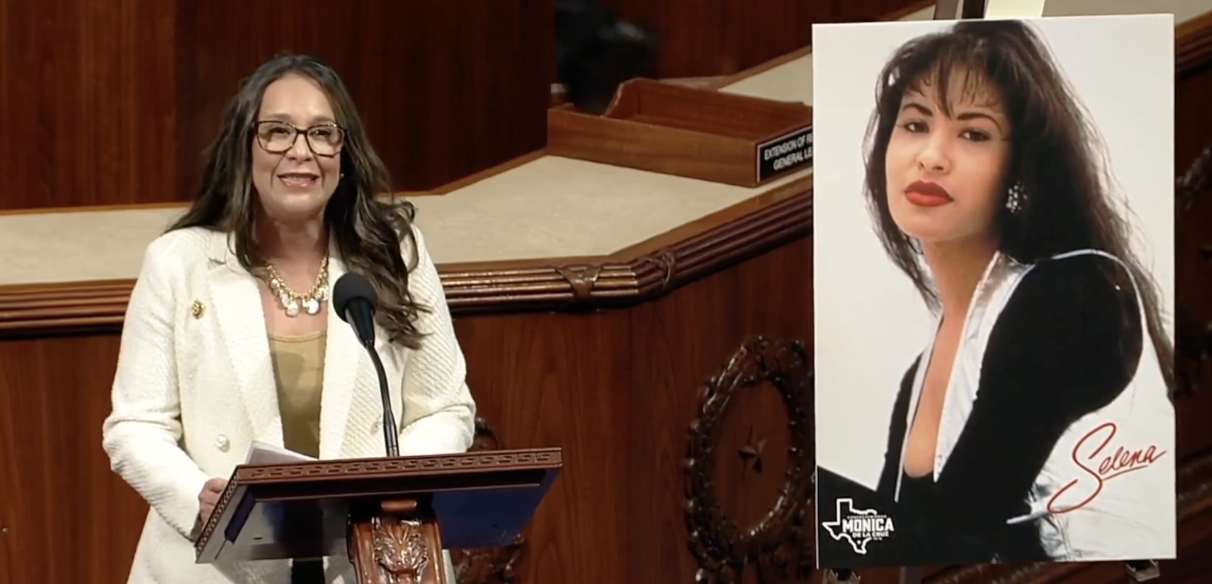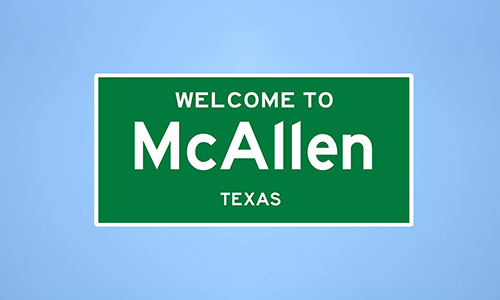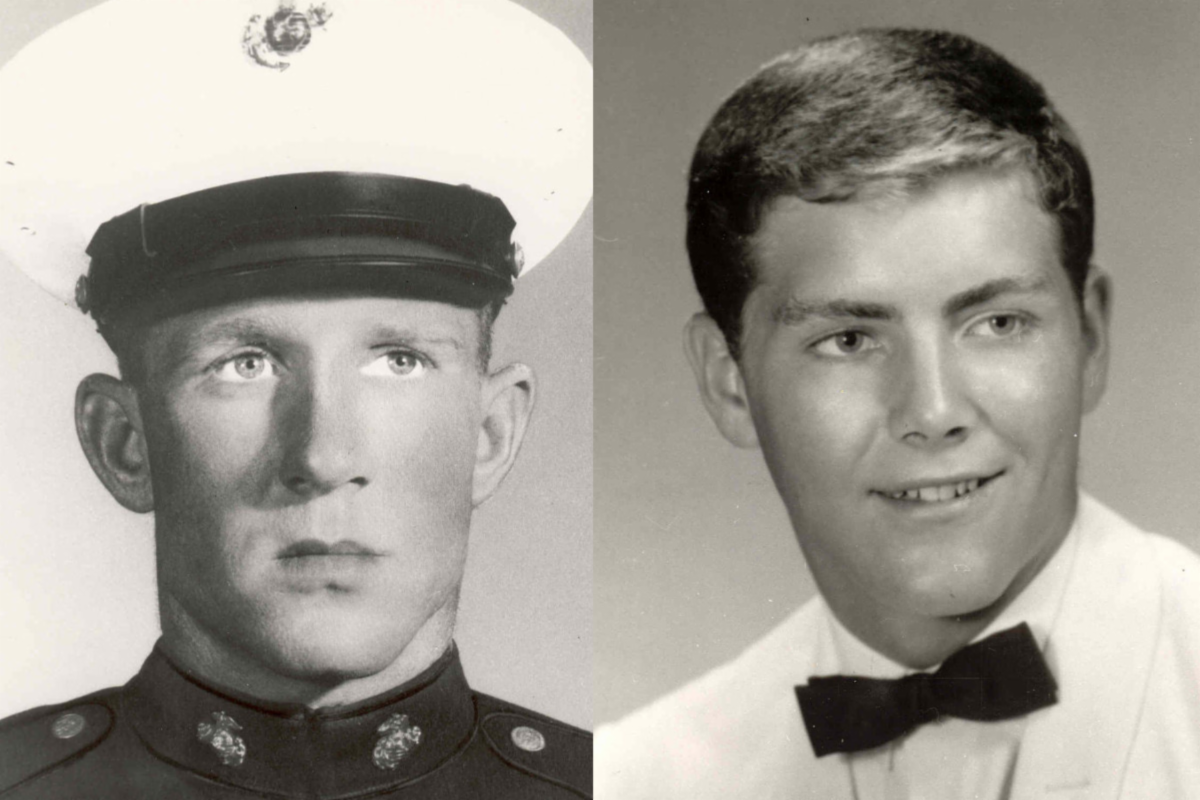Veteran Care a Priority in Congress
 As I travel throughout the district I represent in Texas, veterans tell me time and again the VA system is broken and they are not receiving the timely quality care they’ve earned. This failure is a national disgrace and must be fixed.
As I travel throughout the district I represent in Texas, veterans tell me time and again the VA system is broken and they are not receiving the timely quality care they’ve earned. This failure is a national disgrace and must be fixed.
I'm attacking this problem on two fronts: at home and in Washington D.C.
Locally, I’ve assembled a group of top-notch “Red Tape Cutters” whose job it is to help people with problems dealing with the federal government, including agencies like the VA, IRS, Social Security and State Department. No one should have to call a member of Congress to get quality service from the VA. However, sadly, about 70 percent of the work my Red Tape Cutters do involves the VA.
The VA is an executive branch agency and the secretary of the VA is appointed by the president who is ultimately responsible for the agency’s day-to-day operations. Congress writes the laws that dictate how it should run and controls its funding. In fact, the VA was virtually exempt from budget cuts under sequestration.
Over the past couple of years, my colleagues and I have worked hard to pass legislation to solve some of the problems facing veterans. One of the most important laws was the Veterans Choice Act passed in 2014. This law requires the VA to see patients within 30 days or pay for them to see a private doctor. It also allows veterans who live more than 40 miles from a VA facility to see a local doctor. I've organized several round tables with physicians and their staffs to get them involved in treating veterans under this program.
Throughout my time in Congress, I’ve been a vocal supporter of veterans. Over the past two years, during my service in the 114th Congress, more than 70 bills concerning veterans were passed through the House of Representatives. Of these bills, 28 were ultimately signed by President Obama and became law.
In 2014, at least 23 veterans who called the Veterans Crisis Line while going through a mental health crisis were transferred to a voicemail system at a backup call center and their calls were never returned. To ensure no more calls go to voicemail when seconds matter, the House passed H.R. 5392, the No Veterans Crisis Line Call Should Go Unanswered Act. This bill, which is now signed into law, directs the VA to develop a system that guarantees each telephone call, text message or other form of communication received through the Veterans Crisis Line is answered in a timely manner by a real person.
After veterans return home getting back to normal events, like finding a job, can be difficult—especially if one was wounded during service. That’s why I helped pass H.R. 313, the Wounded Warriors Federal Leave Act, which entitles any veteran with a service-connected disability rated at 30 percent or more, who is hired as a federal employee, up to 104 hours of leave in their first year of employment to undergo critical medical treatments. Because of this law, any wounded warrior will not face a loss or reduction in pay in order to get his or her treatment.
The House also unanimously passed H.R. 6416, the Jeff Miller and Richard Blumenthal Veterans Health Care and Benefits Improvement Act. This bill makes a number of improvements to VA disability compensation, appeals, healthcare, education and more. Some key things the bill includes are: Requiring the VA to pay benefits to the survivor of a veteran who has not filed a formal claim but should have received benefits, forcing the VA to make public information on the average length of time it takes to adjudicate an appeal, and establishing a National Center on Homelessness Among Veterans to assist veterans who are experiencing homelessness. The bill also requires the VA to report and determine appropriate staffing levels at regional offices to ensure they are properly staffed.
While bills like these are extremely beneficial and will go a long way to help our veterans, there is still much work to be done and problems to be solved. In the next Congress, I look forward to helping pass groundbreaking legislation that will solve many of these issues. One bill that I hope will be brought to the House floor is the VA Accountability First and Appeals Modernization Act. During the 114th Congress, this bill passed the House but was never voted on in the Senate.
The VA Accountability First and Appeals Modernization Act will alleviate many of the personnel and staffing issues plaguing the VA. Too often, we hear horror stories from whistleblowers of VA employees who fail to uphold the high standard we expect of them. Unfortunately, under current law, many of these subpar employees face little to no discipline for their misconduct and are still given a salary and benefits during the appeal process. This bill will shorten the discipline process for rank-and-file VA employees from more than a year on average to no more than 77 days. It also gives the VA secretary the authority to recoup bonuses and relocation expenses from misbehaving employees and reduce the pensions of senior executives convicted of felonies. Lastly, it provides whistleblower protections that ensure those who shine a light on corruption do not face reprisals or retribution.
The VA Accountability Act is only one of the many bills I look forward to working on in the 115th Congress. If we tackle the lack of accountability and poor management, we’ll take a huge step toward improving the quality of care our veterans receive. Coupled with improvements Congress has already passed and new leadership at the top, I'm hopeful veterans will soon receive more timely, high-quality care.
Should you need help with the VA or other federal agencies, my Red Tape Cutters can be reached by calling my Corpus Christi office at (361) 884-2222 or my Victoria office at (361) 894-6446.








